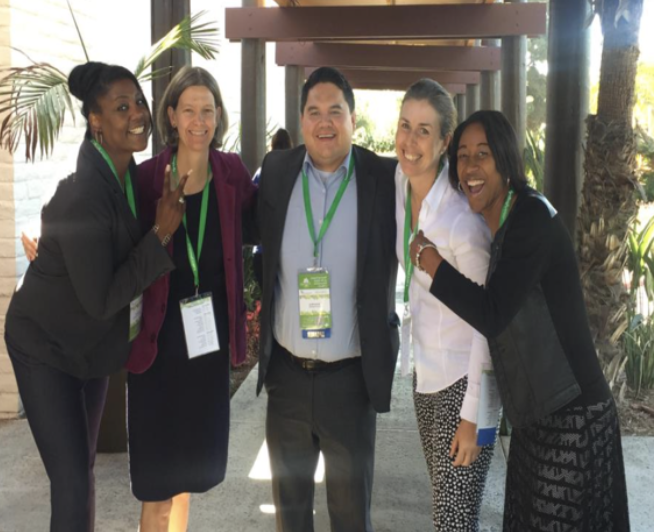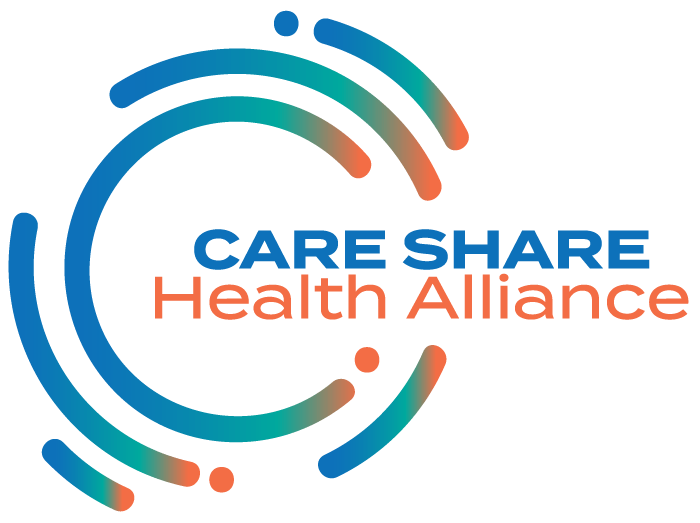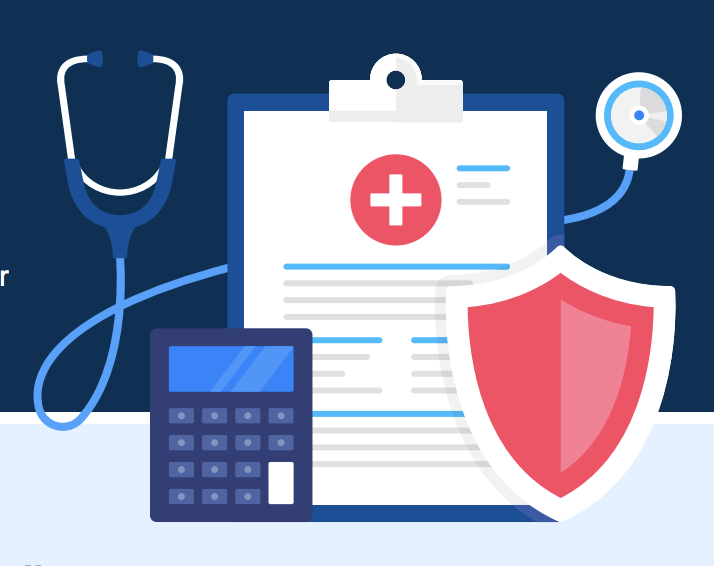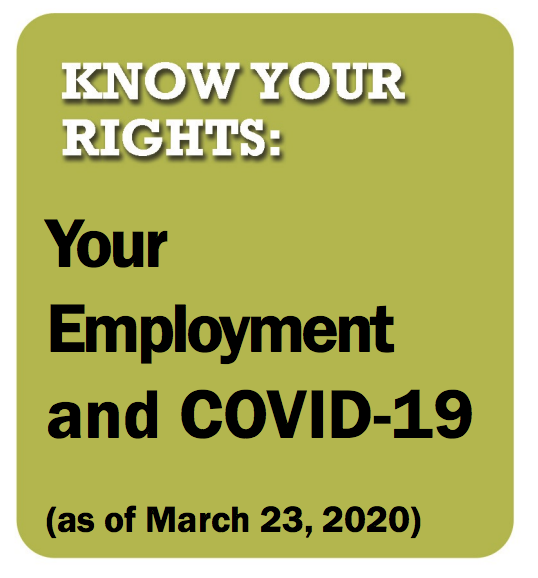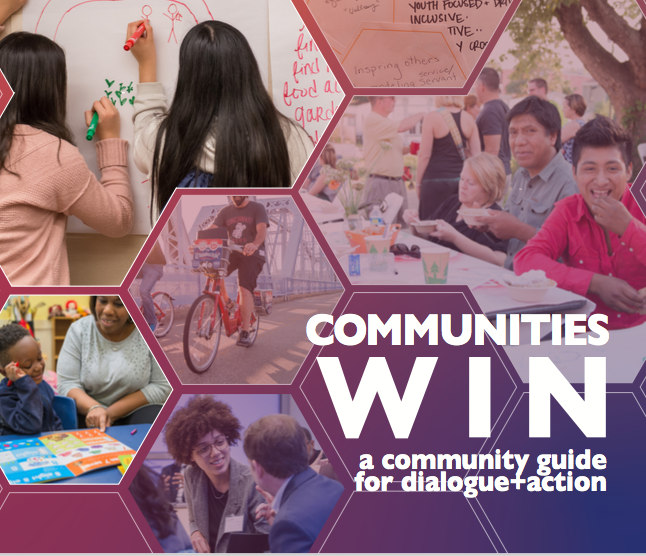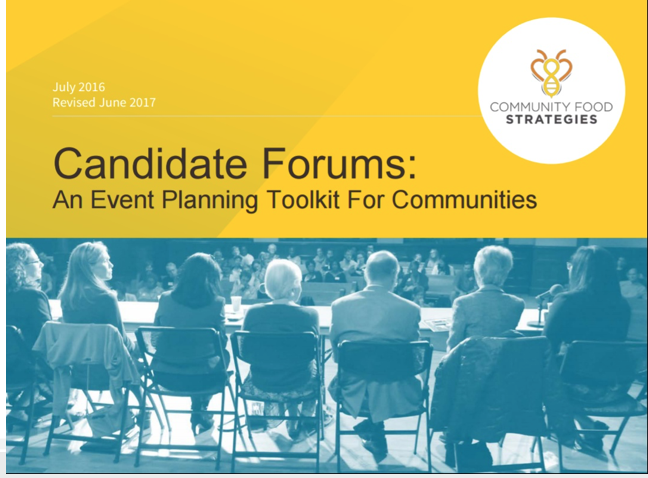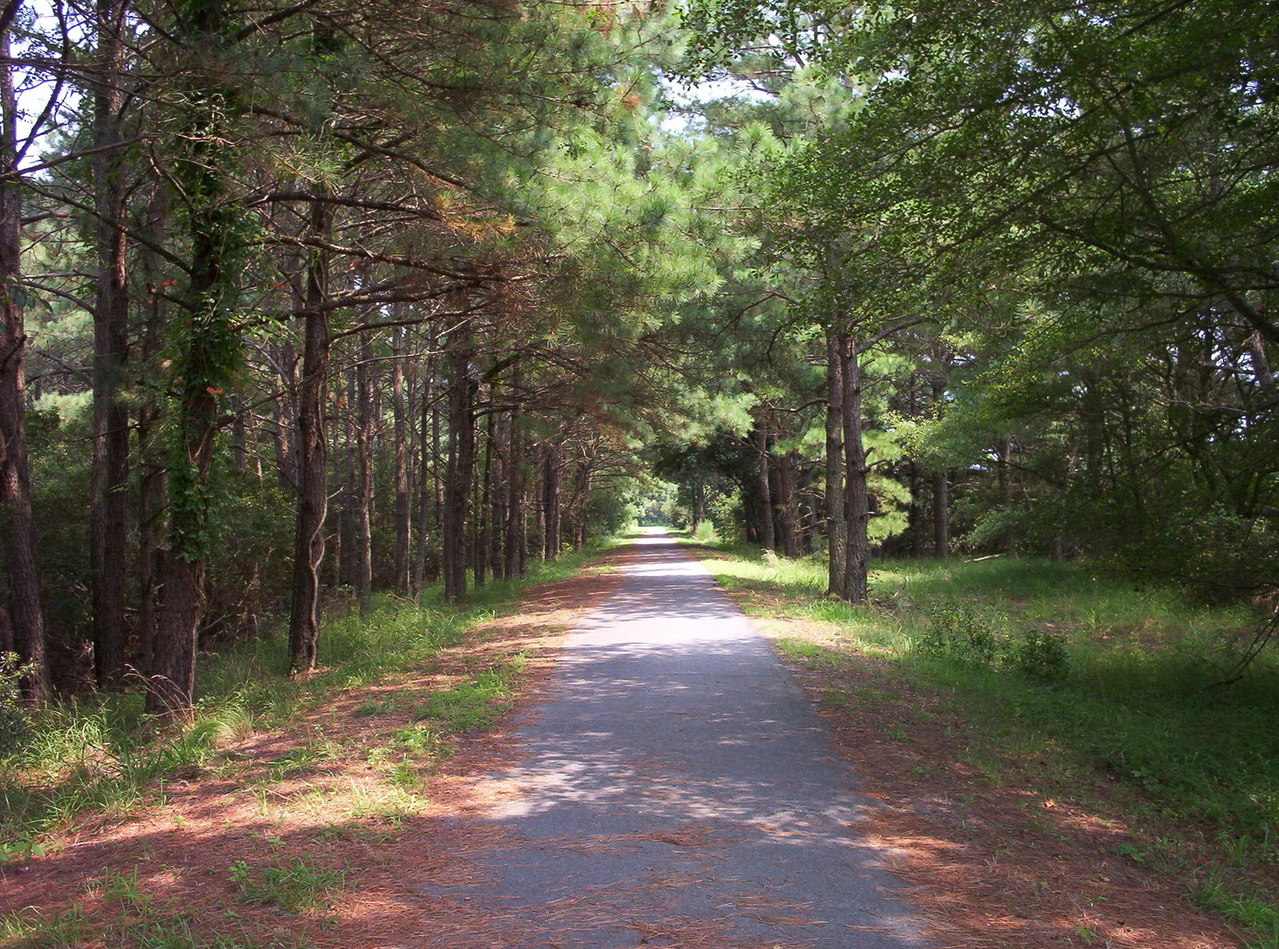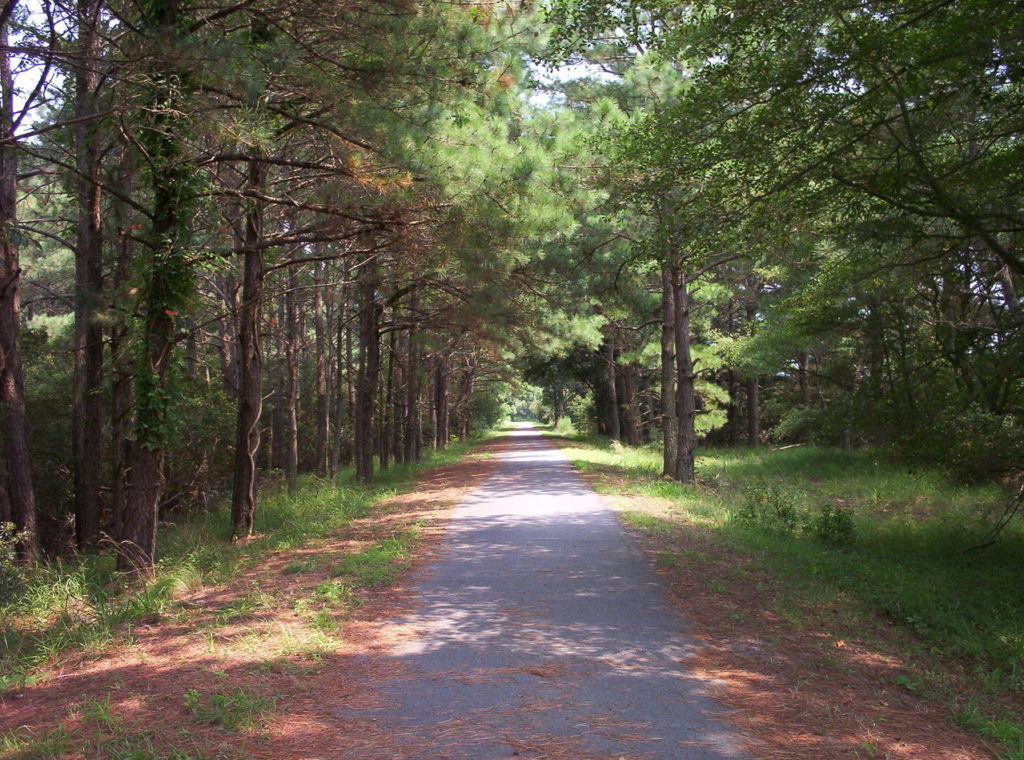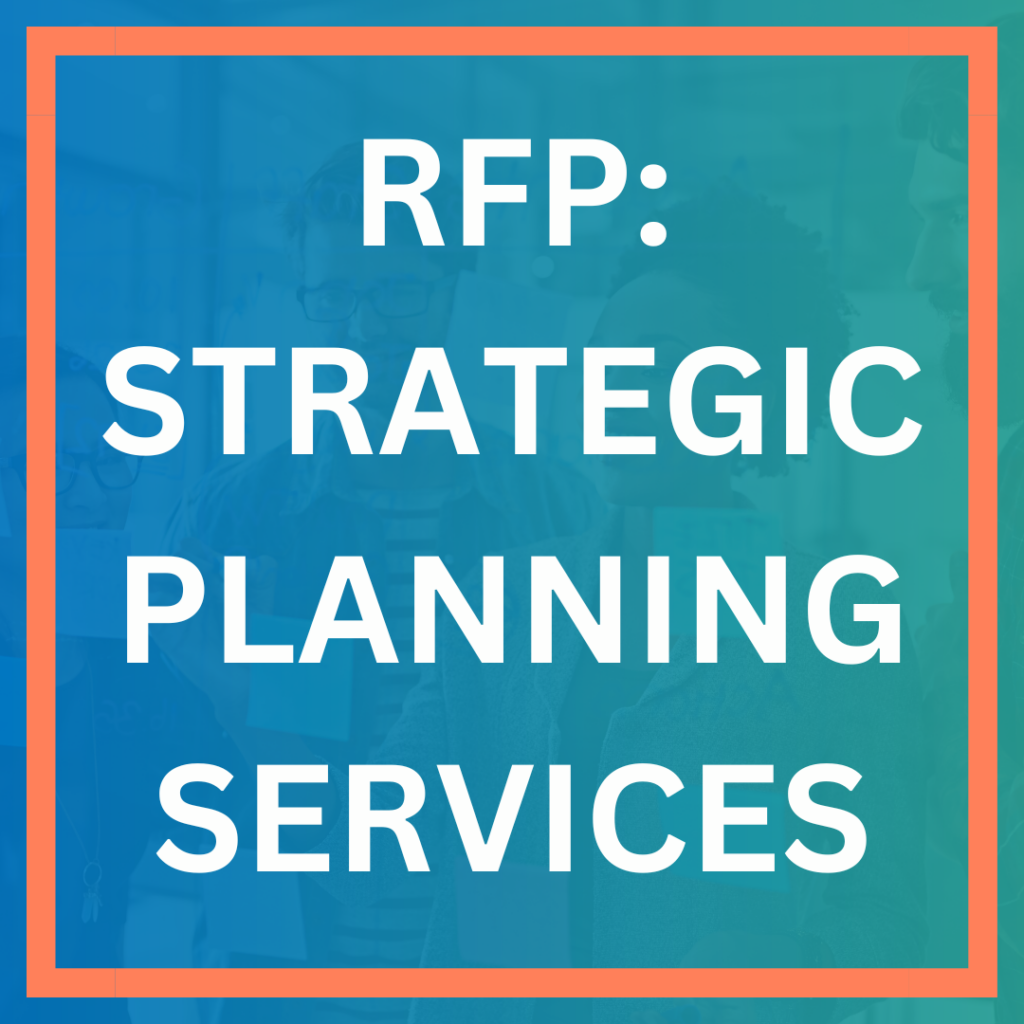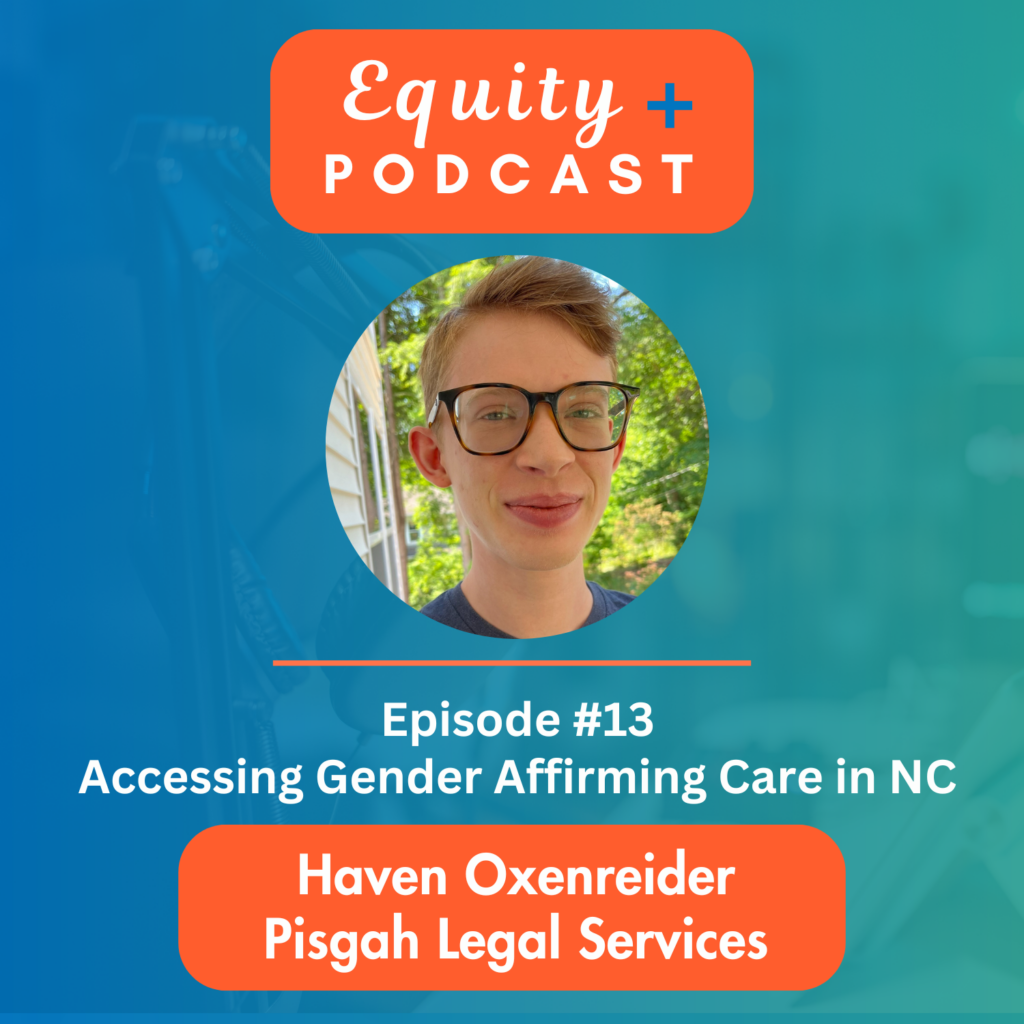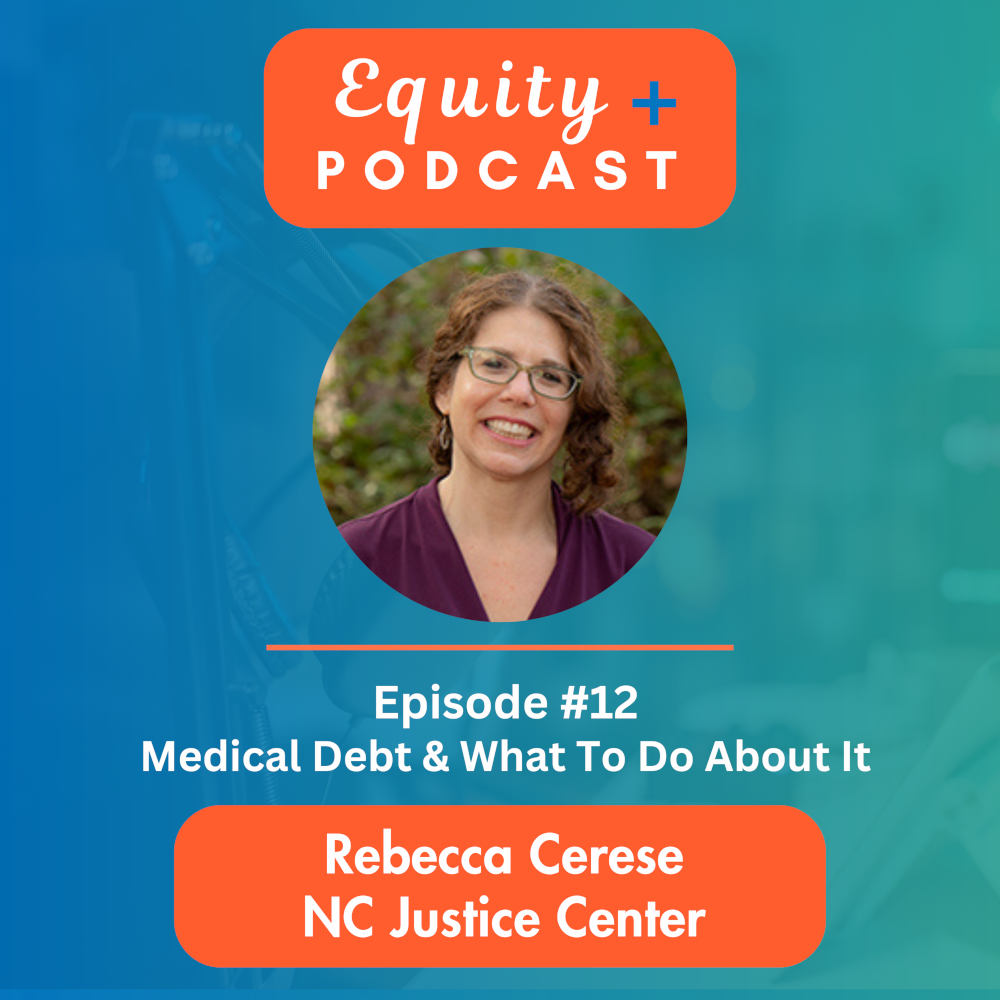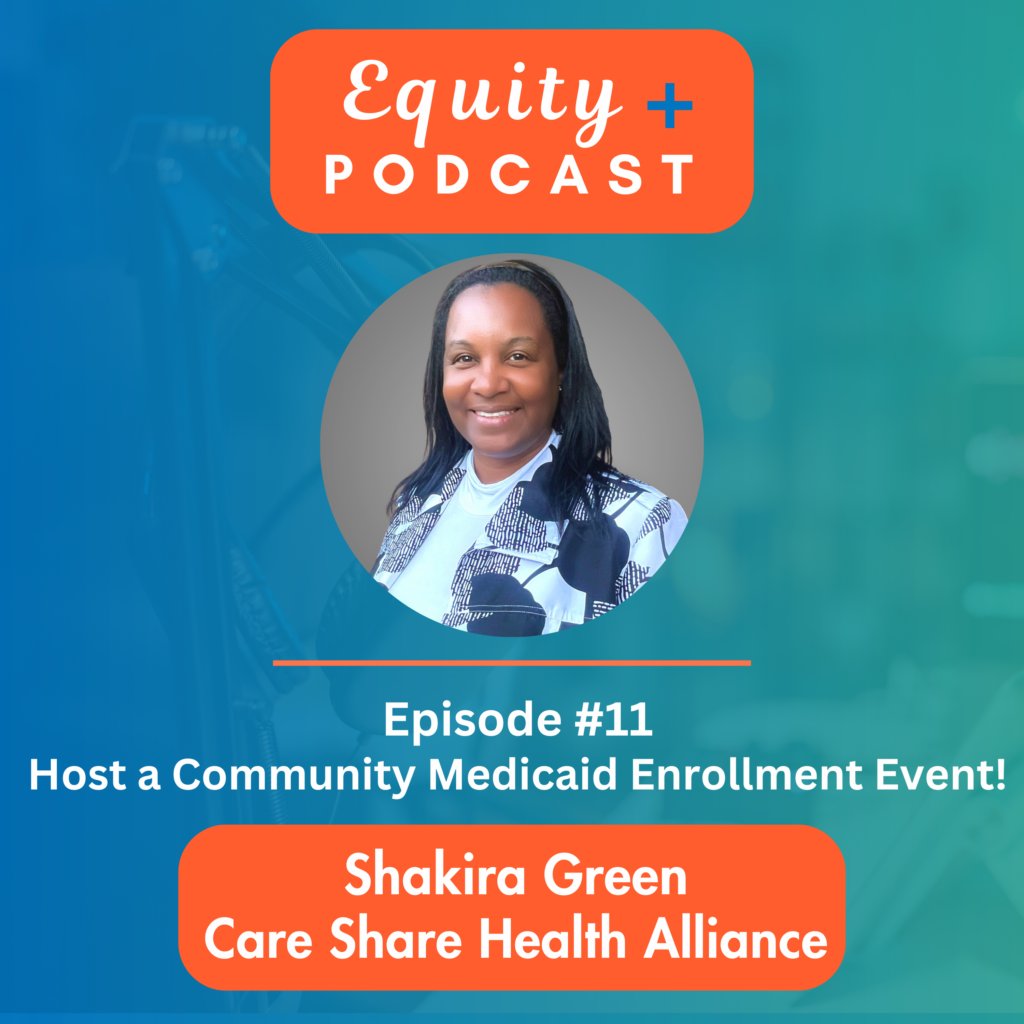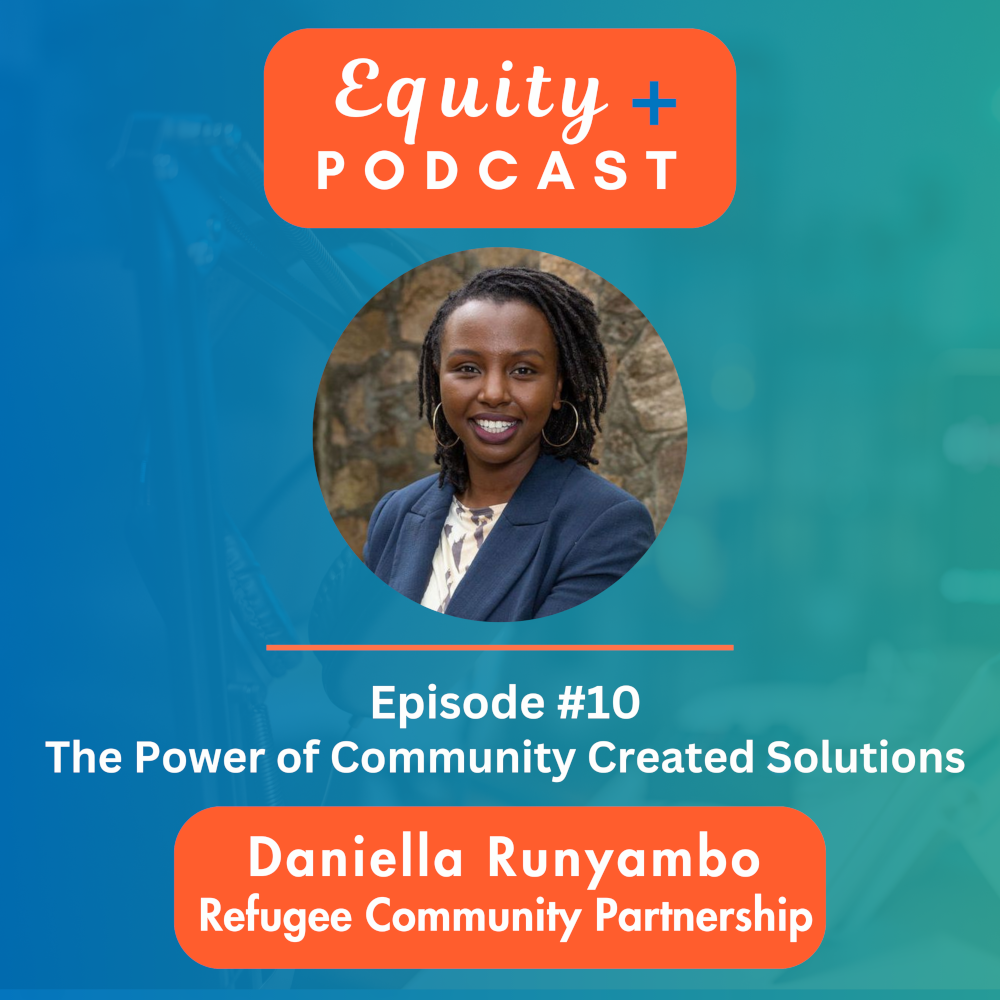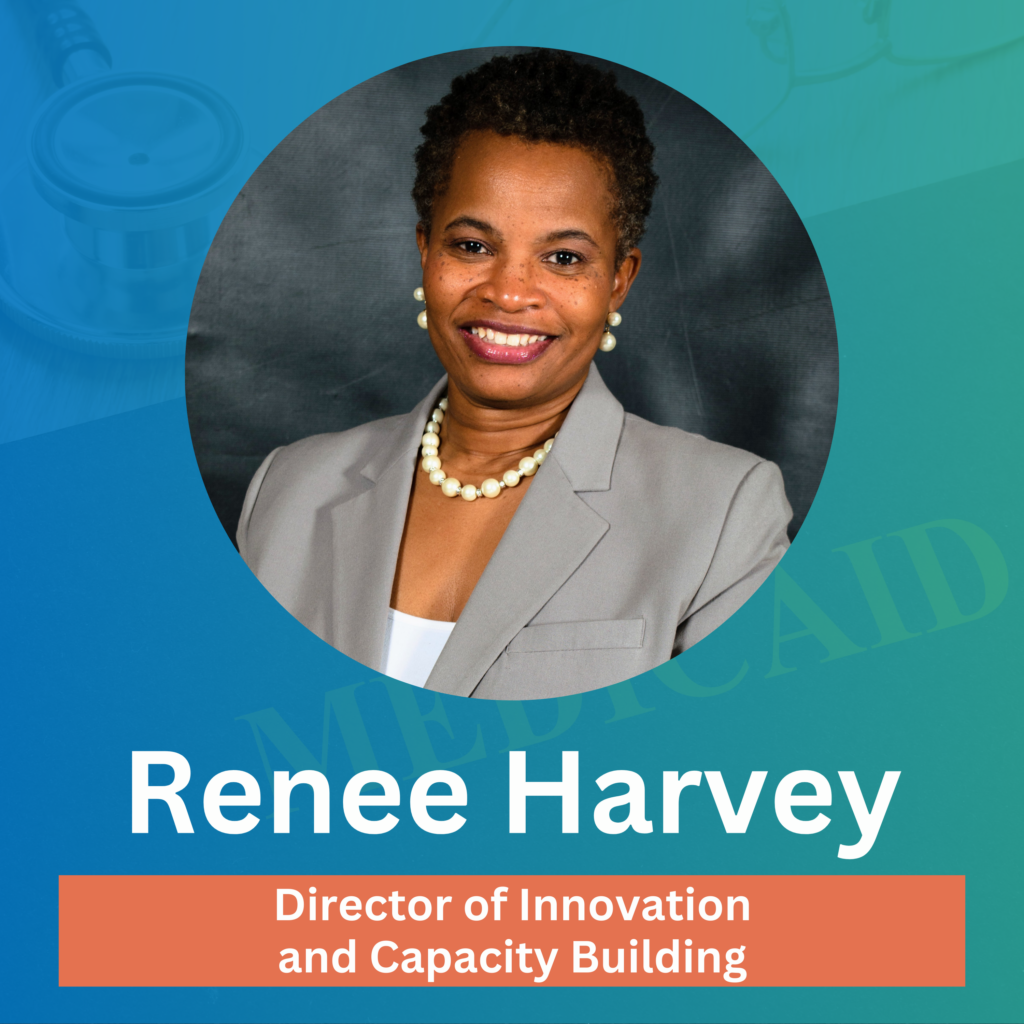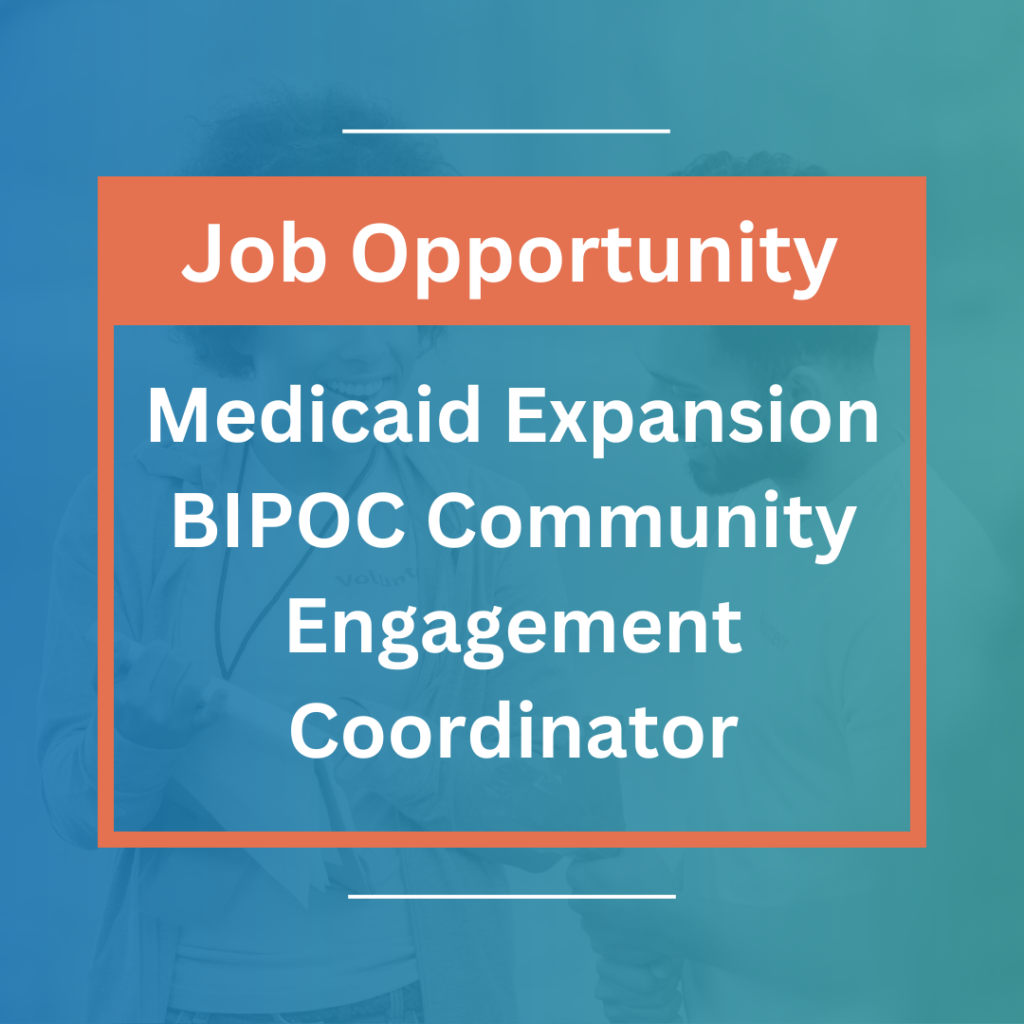The report evaluates Healthier Highland’s multi-sector collaboration and seeks to capture and learn about the accomplishments and learnings focusing on how authentic community engagement is essential to impacting systems and reducing health disparities. Healthier Highland is a Community Centered Health initiative founded in 2014. The initiative is a community led collaboration between a historically African-American neighborhood, the FQHC, health department, hospital, the City of Gastonia, agriculture extension, the neighborhood association, and several community partners. Healthier Highland aims to reduce health disparities related to obesity among Highland Neighborhood residents by building a culture of healthy eating and active living, reinforcing networks of social support, shaping community development projects, and supporting clinical changes within the Highland Health Center. In this report, learn about key factors that supported community engagement; perspectives from the community partners on current engagement, processes, and outcomes; and recommendations for community and resident led engagement in aligning systems for health. Read the article to learn strategies and perspectives for community-based solutions to health and equity.
